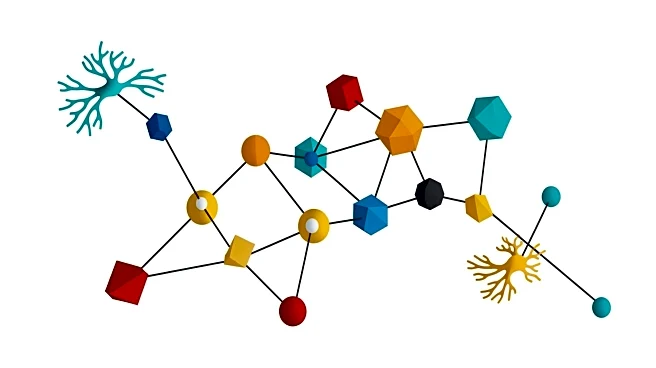What's Happening?
Recent research has highlighted the role of isometric representations in neural networks to improve robustness. The study focuses on the mathematical background of neural network mappings, emphasizing the importance of maintaining local distance relationships
between input points in the output layer. This approach involves using Locally Isometric Layers (LIL) to enforce metric preservation within each class, aiding in classification tasks. The research compares this method to traditional cross-entropy loss and highlights its complementary nature to other regularization techniques. Experiments conducted on datasets like MNIST and CIFAR10 demonstrate the effectiveness of this approach in enhancing the robustness of neural networks against adversarial attacks.
Why It's Important?
The findings are significant for the field of machine learning, particularly in improving the robustness of neural networks. By preserving metric relationships within classes, neural networks can achieve more reliable classification results, which is crucial for applications in areas such as image recognition and cybersecurity. The enhanced robustness against adversarial attacks is particularly relevant as AI systems become more integrated into critical sectors, where security and accuracy are paramount. This research could lead to advancements in developing more secure AI systems, potentially reducing vulnerabilities in AI-driven applications.
What's Next?
Future research may focus on refining the implementation of Locally Isometric Layers in larger and more complex neural networks. There is potential for exploring the integration of this approach with other machine learning techniques to further enhance robustness and accuracy. Additionally, the application of these findings in real-world scenarios, such as autonomous vehicles and medical diagnostics, could be explored to assess practical benefits. Stakeholders in AI development and cybersecurity may consider adopting these methods to improve system resilience.
Beyond the Headlines
The study's approach to metric preservation within neural networks could have broader implications for unsupervised learning and dimensionality reduction techniques. By focusing on local isometries, the research opens avenues for more efficient data visualization and representation, which could impact fields like data science and analytics. The ethical dimension of ensuring AI systems are robust against manipulation and errors is also underscored, highlighting the importance of developing trustworthy AI technologies.















